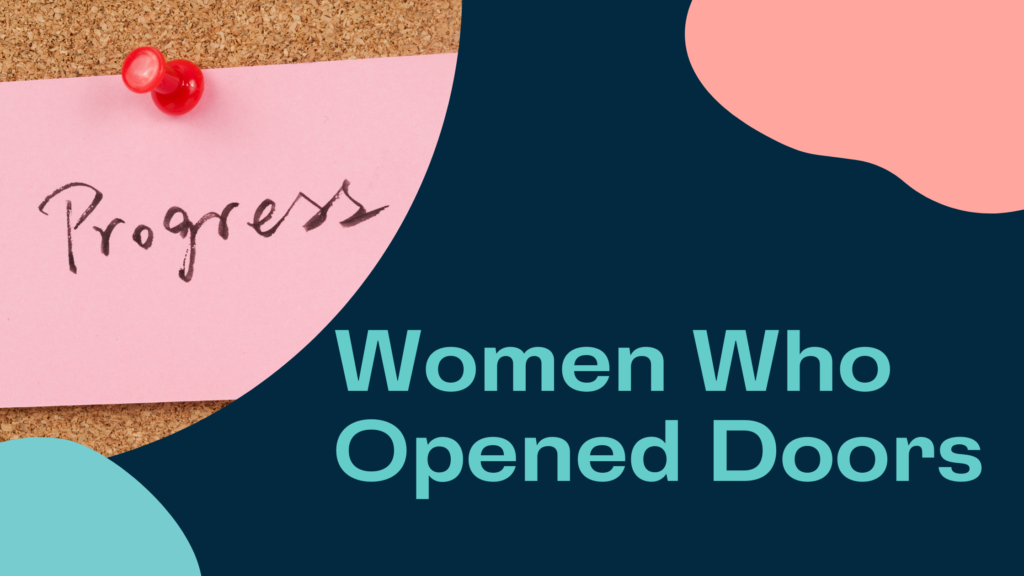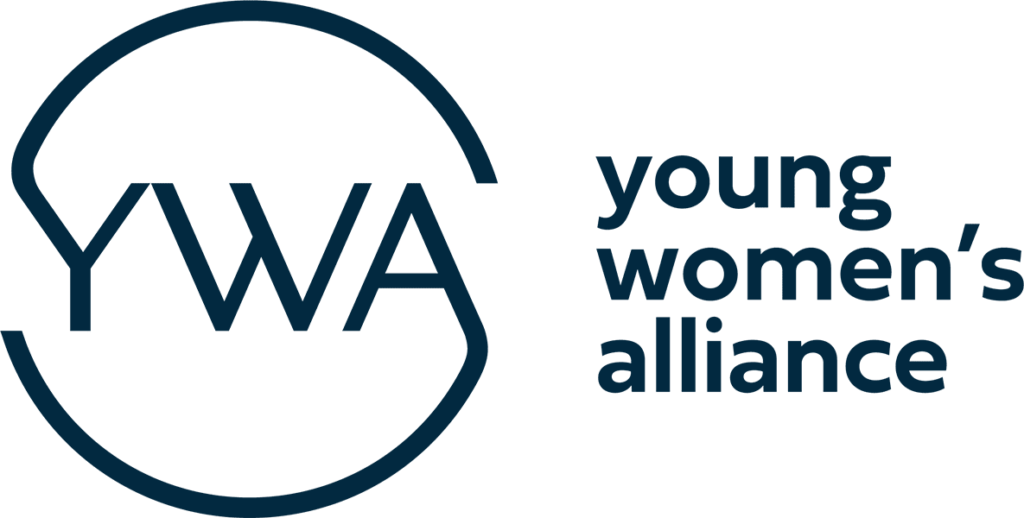

March is Women’s History Month here in the U.S., and within it, International Women’s Day. The theme of this years’ women’s day – March 8 – is #ChooseToChallenge.
We owe so many women our gratitude
Susan B. Anthony and Elizabeth Cady Stanton brought womens’ suffrage into prominence. Gloria Steinem helped usher the nation into modern feminism. Malala Yousafzai defied the Taliban to continue her education. Tarana Burke had the courage to start the #MeToo movement. Women like this bring us freedom and opportunities. They set examples. They show us that we’re capable of overcoming our own challenges.
“Simply put, feminism is a movement to end sexism, sexist exploitation, and oppression.” – bell hooks
In honor of International Women’s Day, here are four more female leaders you should know; feminists whose contributions have helped change the world for the better. Women who chose to challenge the inequitable norms of their times and made a point of reaching for more.
Sojourner Truth
Born into slavery, Sojourner Truth spent most of her free life as an abolitionist and a women’s rights advocate. In her early 30s, Truth managed to escape to freedom shortly before her home state of New York ended slavery. Once free, she became the first Black woman to win a court case against a white man, and was able to rescue her small son from slavery.
Despite the fact that she never learned to read or write, she became a magnetic speaker. Part of several spiritual and religious groups over the years, as well as abolitionist circles, Truth went on several tours to lecture throughout the country, and dictated her autobiography. In 1851, on one of her tours, she delivered her still-famous speech, “Ain’t I a Woman?”
She continued to speak, to teach, and to demonstrate for equal rights her whole life. Always bravely facing down the challenges of simply existing in the time and place that she did – and creating lasting, growing change as she did it.
“If the first woman God ever made was strong enough to turn the world upside-down all alone, these women together ought to be able to turn it back, and get it right-side up again! And now they is asking to do it, the men better let them.” – Sojourner Truth
Victoria Woodhull
“I shall not change my course because those who assume to be better than I desire it.” – Victoria Woodhull
Known in her time for breaking the rules and pushing vehemently for equal rights for women, Victoria Woodhull was a woman of many interests – and never one to avoid a challenge.
She divorced her first husband despite the idea that to do so was scandalous, and became an advocate of free love: the idea that a person had to stay in a relationship only so long as they chose to be in it, and could choose a new partner later – unheard of for women at the time.
After the divorce, she became the first woman to own a brokerage firm. Then, the first woman to open a newspaper, Woodhull & Claflin’s Weekly. From there, she began speaking out for women’s rights, and in 1871, she announced her candidacy for president of the United States. She was the first woman to ever do so, despite the fact that women wouldn’t be allowed to vote for half a century more.
Though she was unsuccessful in her bid, Woodhull left a lasting mark that would pave the way for those that came later.
Frida Kahlo
A figure famous today for her self portraits – bright flowers in her hair and strong mono-brow – Frida Kahlo is now recognizable on all sorts of commodities. Her legacy, however, is so much more. In her words, she “Painted [her] own reality.” She used her art to show what was true: not just portraits. She often addresed topics familiar to women – but taboo for polite society – such as miscarriage, grief, and breastfeeding, in her work as well.
Kahlo didn’t just create unusual art. Her actions defied expectations; fully confident in who she was and what she stood for. Despite all conventions of the time, she was would not hide the fact that she was bisexual, she was proud of her mestizo mixed heritage, and she refused to alter her appearance to look ‘more feminine.’ In fact, she often exaggerated her unibrow or faint mustache in her self-portraits.
From a young age, Kahlo was also politically active. A socialist, she joined a radical group of students in high school. She joined the Mexican Communist Party, though it was against the law, in her 20’s. She fundraised for the Spanish Republicans while they were fighting facism in the Mexican Civil War. She led rallies, gave speeches, and demonstrated throughout her life, firm in her desire to contribute to progress and beauty.
“I am my own muse.” – Frida Kahlo
bell hooks
She chose her pen name for her great-grandmother on her mother’s side. She chose lowercase letters to call attention to the message, not the writer. The author of dozens of books – including ain’t i a woman: black women and feminism, and Feminism is for Everybody – hooks is also a university professor, and globally recognized activist.
Beginning her first book, Ain’t I a Woman, while still earning her undergraduate degree at Stanford, she looked deep into what it means to be a Black woman in the world; to be a Black feminist. In doing so, she began asking new questions, developing new viewpoints from what the feminist movement already knew. She questioned the existing discourses; pointed out the ways in which feminism was favoring white women; and began to pave the way for intersectional feminism.
Similarly to Sojourner Truth – who inspired her first book – and many others, hooks rightly asserts that “one cannot separate race from gender, history and class when considering a person’s freedom.” It’s those who recognize, and speak, these truths who ultimately create the changes that we all wish to see.
How YWA does its part
YWA strives to foster an environment that empowers and enriches the lives of its members. Supporting the education of female youth through our scholarship fund; exposing our members to female speakers, experts, and local leaders; and providing the tools for members to connect, learn, and grow into the leaders they hope to be.
Not a member yet? YWA is opening enrollment for the month of April. Join us, and find out how we can help you reach your potential!
